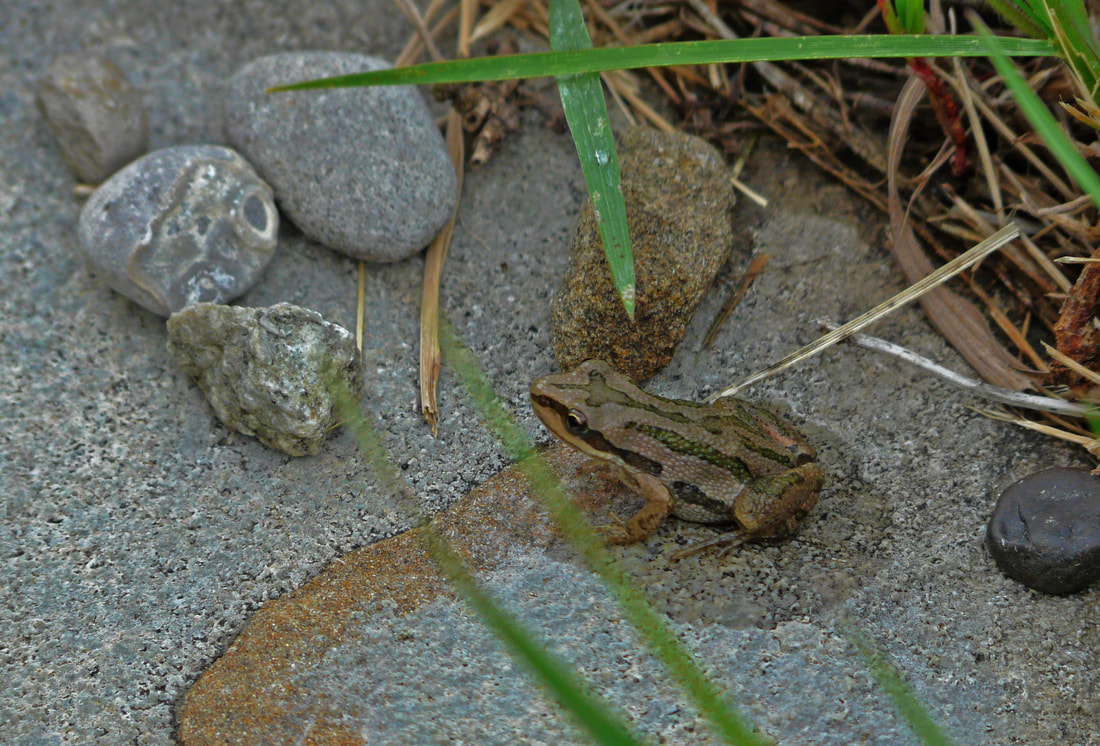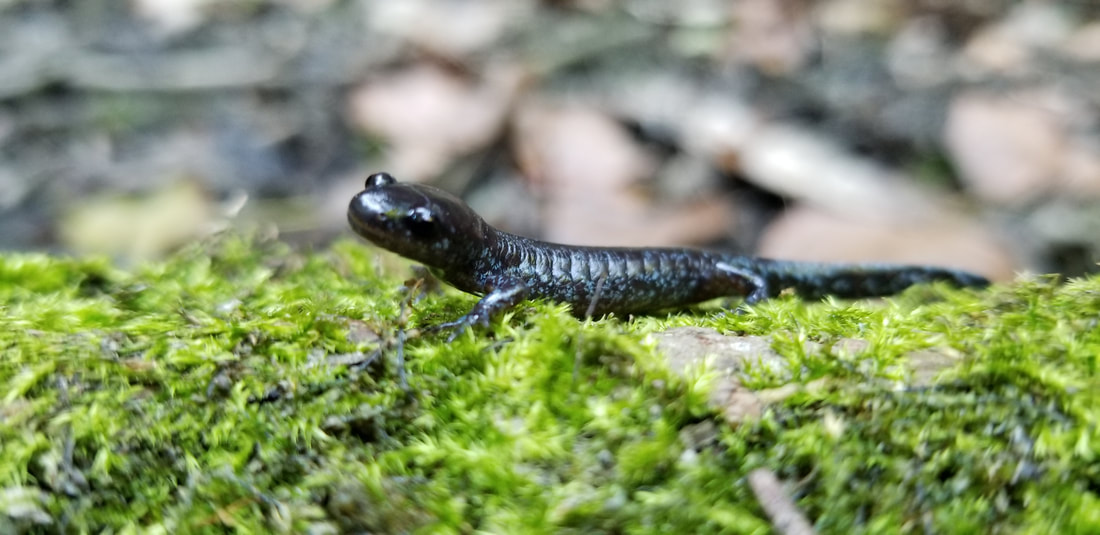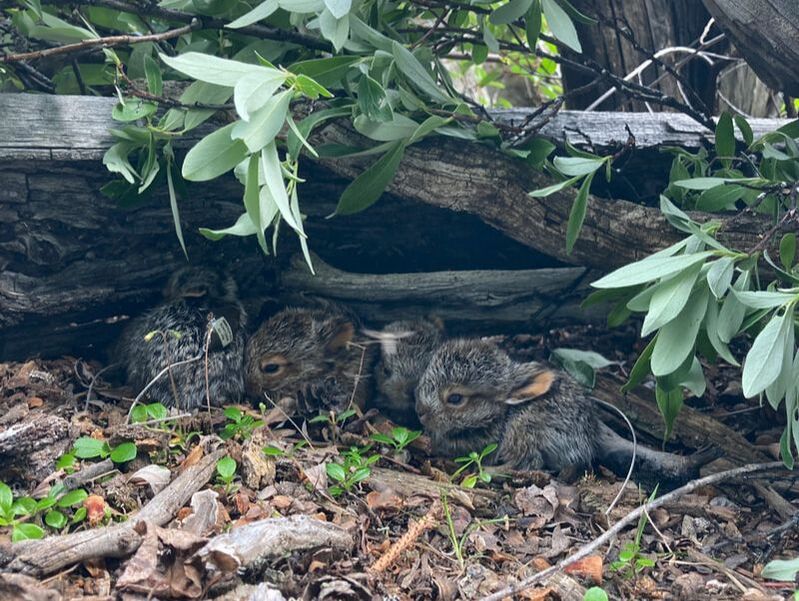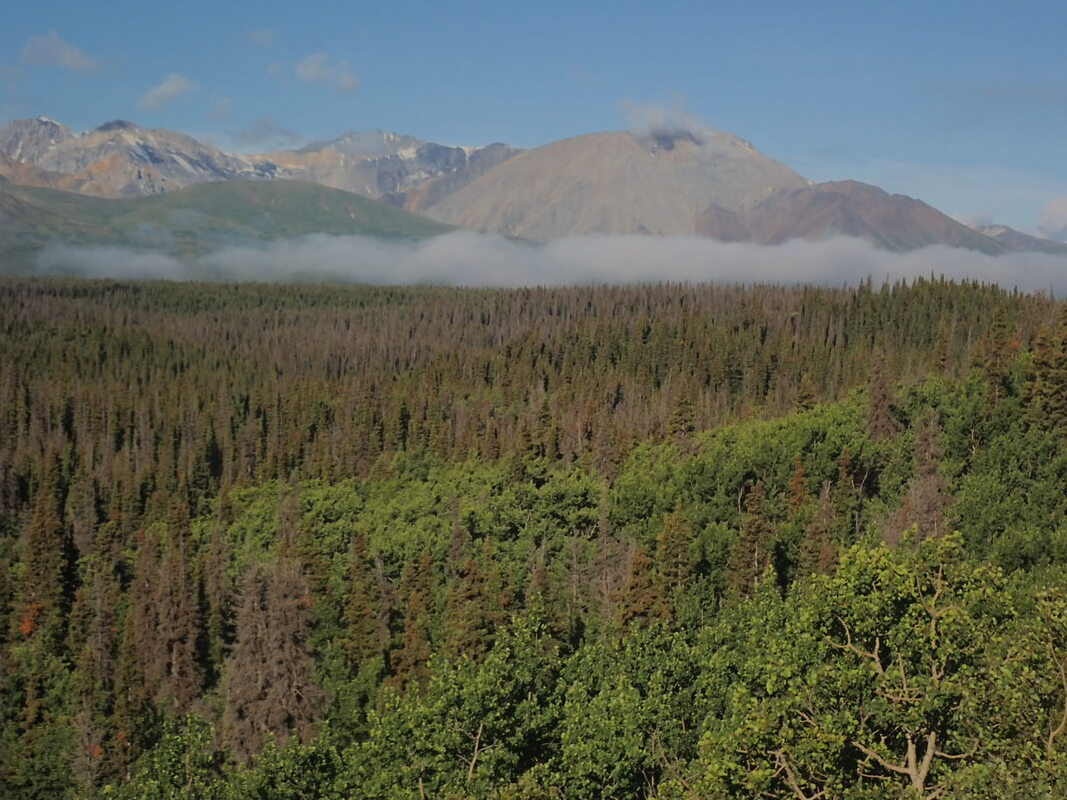As part of a large team that conducts diverse research, graduate students in the Integrative Wildlife Conservation Lab gain valuable experience conducting and publishing independent research, while acquiring expertise and skills in areas such as:
For prospective career examples following completion of a graduate degree program with our lab, see where our former lab members are now.
To apply or for more information, contact Dennis Murray ([email protected]). Applications should comprise a cover letter, CV, contact information for 3 references, and an unofficial transcript, which should be sent to Dennis Murray in advance of any formal application to Trent University's graduate programs. Successful candidates will be enrolled at Trent University in either the M.Sc. Bioenvironmental Monitoring and Assessment Program or Ph.D. Environmental & Life Sciences Graduate Program.
Postdocs are also welcome to apply.
- telemetry and camera trapping
- occupancy modelling, estimating population density, population viability analysis
- species distribution modelling, landscape ecology and genetics
- movement and behavioural ecology
- remote sensing and GIS
- environmental DNA (eDNA) and metabarcoding
- genotyping, genomics and bioinformatics
- animal handling and husbandry
- experimental design (laboratory and field studies)
- project management
- data management and analysis
- science communication
For prospective career examples following completion of a graduate degree program with our lab, see where our former lab members are now.
To apply or for more information, contact Dennis Murray ([email protected]). Applications should comprise a cover letter, CV, contact information for 3 references, and an unofficial transcript, which should be sent to Dennis Murray in advance of any formal application to Trent University's graduate programs. Successful candidates will be enrolled at Trent University in either the M.Sc. Bioenvironmental Monitoring and Assessment Program or Ph.D. Environmental & Life Sciences Graduate Program.
Postdocs are also welcome to apply.
Available projects
Our lab supports both MSc and PhD students, with MSc’s usually conducting research in support of larger projects involving one or more PhD’s. This approach helps build teams that work collaboratively and synergistically on projects that otherwise may be too large and complex to tackle independently. This approach provides flexibility when defining MSc and PhD projects so that research areas can be tailored to fit student interests and expertise within the scope of the larger project. Ultimately, MSc and PhD students benefit by having better-supported projects, gaining broader experience, and being involved in multiple collaborations, making them more competitive for employment upon graduation. MSc and PhD research products are always published in scientific journals.
The following list includes projects for which we are actively recruiting, but it is not all-inclusive and we subscribe to the philosophy of fitting projects to students. Prospective students should contact us directly @ ([email protected]) to determine whether they could fit either listed projects or other opportunities that are available in our lab.
Our lab supports both MSc and PhD students, with MSc’s usually conducting research in support of larger projects involving one or more PhD’s. This approach helps build teams that work collaboratively and synergistically on projects that otherwise may be too large and complex to tackle independently. This approach provides flexibility when defining MSc and PhD projects so that research areas can be tailored to fit student interests and expertise within the scope of the larger project. Ultimately, MSc and PhD students benefit by having better-supported projects, gaining broader experience, and being involved in multiple collaborations, making them more competitive for employment upon graduation. MSc and PhD research products are always published in scientific journals.
The following list includes projects for which we are actively recruiting, but it is not all-inclusive and we subscribe to the philosophy of fitting projects to students. Prospective students should contact us directly @ ([email protected]) to determine whether they could fit either listed projects or other opportunities that are available in our lab.
|
Western chorus frog spatio-temporal dynamics and conservation
In collaboration with Tom Hossie and Blazing Star Environmental, we are assessing determinants of the distribution and occupancy of at-risk western chorus frogs across their Canadian range. Using citizen science call surveys, we are determining: variability in frog site occupancy through space and time, factors affecting species detection, occupancy, and abundance, and priority areas for conservation planning and action. The position we are currently trying to fill will involve optimizing application of eDNA and acoustic recording units in population surveys. |
|
Biogeography and conservation status of at-risk mole salamanders
In collaboration with Tom Hossie and Chris Wilson we will examine historical, contemporary, and likely future distribution and conservation status of at-risk mole salamanders in southern Canada. We suspect that the southern range limit of blue-spotted salamanders is receding northward due to environmental change, and we will assess its past colonization patterns and present distribution and status. We are also studying long-term viability of the Ambystoma salamander community specifically on Pelee Island, to understand how blue-spotted and endangered smallmouth salamanders, which serve as obligate reproductive hosts to more competitive unisexual polyploids, can persist in fragmented and dynamic landscapes. |
|
Snowshoe hare responses to dynamic landscapes
In collaboration with Stan Boutin and Charles Krebs, as well as the Government of the Yukon, we are investigating snowshoe hare responses to variation in food and cover at our long-term study site in southwest Yukon. Using GPS telemetry and accelerometry, we will track how hare movements, habitat selection, and behaviour vary according to both seasonal shifts in the distribution of food and cover, and annual change in the abundance of hares and predators associated with their 10-year population cycle. Using our longer-term datasets, we will also address temporal shifts in both source-sink dynamics and genomic variation in hares, in accordance with the hare cycle and ongoing environmental change. |
|
Long-term boreal forest dynamics under climate change
In collaboration with Stan Boutin and Charles Krebs, as well as the Government of the Yukon, we are studying boreal forest structure and function in southwest Yukon. The project builds on our longstanding work on Canada lynx and snowshoe hares to investigate patterns of variation in vegetation and snow in this rapidly-changing landscape. Using LiDAR, multispectral, hyperspectral, and RGB imagery, we will assess how patterns of forest productivity and phenology vary across space and time, as well as the dynamics of plant health and quality as browse for herbivores. We will also address forest dynamics owing to a recent spruce bark beetle outbreak, sources of forest heterogeneity and resiliency to climate change, and how snow conditions vary through space and time and affect forest structure and wildlife habitat. The project will also support forecasting forest health and dynamics under climate change. |
|
Eco-evolutionary and conservation dynamics of desert succulents from southern Africa
In collaboration with the Lithops Research and Conservation Foundation, we are studying eco-evolutionary and conservation dynamics of Lithops spp., a genus of small succulent plants from southern Africa. In the lab, we are sequencing the full Lithops genome and will develop a phylogenetic tree and evolutionary linkage assessment for the genus, as well as conduct garden experiments to understand genome-level responses to environmental variation and climate change. In the field, we will help develop a long-term monitoring program for at-risk Lithops populations while also conducting research on plant health and composition relative to local environmental conditions, habitat and site suitability and potential for population restoration, population and meta-population viability, and future species distribution in light of climate change. |




